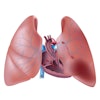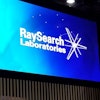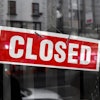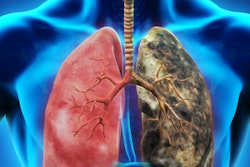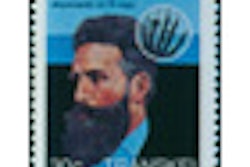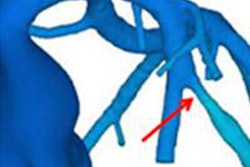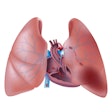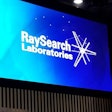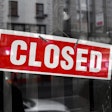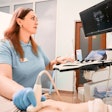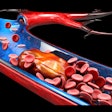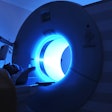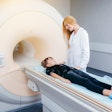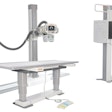Johns Hopkins Medical Institutions has halted its black lung screening program for mine workers after a report critical of the program aired on ABC's "Nightline" program.
The report claimed that Dr. Paul Wheeler, chief of the Hopkins unit that interprets x-rays in the black lung program, hadn't found a single severe case of black lung, or pneumoconiosis, in the 1,500 cases he'd interpreted since 2000. Without a finding of black lung, coal miners are unable to qualify for benefits under a program set up by the U.S. National Institute for Occupational Safety and Health (NIOSH).
The NIOSH initiative was founded in 1969 and requires that coal miners be screened with radiography for signs of pneumoconiosis, with radiologists (informally known as B readers) certified by the U.S. government to interpret the x-rays.
The "Nightline" report claimed that coal companies paid Johns Hopkins $750 for each x-ray read as part of the black lung screening program. This is about 10 times the amount paid for a typical x-ray, according to the report.
In a November 1 statement, Johns Hopkins said it was suspending the pneumoconiosis B-reader service pending the outcome of a review of the program. The university noted that Hopkins has been providing B reads on coal miners and industrial workers for 40 years, and to its knowledge no medical or regulatory authority has ever called into question any of its radiologists' interpretations for the service.
Johns Hopkins also stated that "there are no financial incentives associated with this program for our B readers or the radiology department." Doctors also do not receive bonuses or other salary supplements related to the volume of exams they read or expert testimony they provide as part of the service, according to the university.

